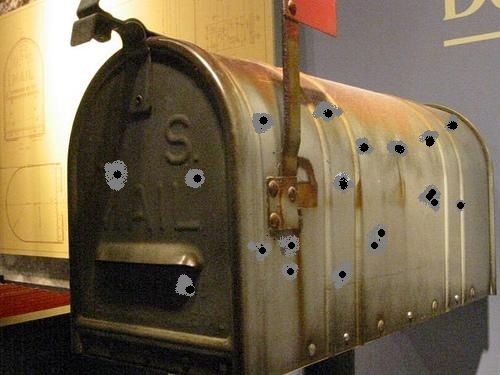The Nixon administration sues the Times, and a judge tempoarily stops the time from publishing more articles. The Washington Post, not named in the suit comes into possession of the papers and has to decide whether to publish or not.
Katherine Graham the owner of the Post, decides to publish at the risk of being held in contempt, is going to jail, and losing the paper.
The Post and Times appear before the Supreme Court to plead their First Amendment rights. In solidarity, other newspapers across the U.S. publish information from Ellsberg's documents. On June 30, 1971, the Supreme Court rules 6–3 in the newspapers' favor, vindicating Graham's decision. In response, Nixon bars the Post from ever entering the White House again.
Justice Black, concurring opinion, New York Times vs United States 1971
"In the First Amendment, the Founding Fathers gave the free press the protection it must have to fulfill its essential role in our democracy. The press was to serve the governed, not the governors. The Government's power to censor the press was abolished so that the press would remain forever free to censure the Government. The press was protected so that it could bare the secrets of government and inform the people. Only a free and unrestrained press can effectively expose deception in government. And paramount among the responsibilities of a free press is the duty to prevent any part of the government from deceiving the people..."
.png)


